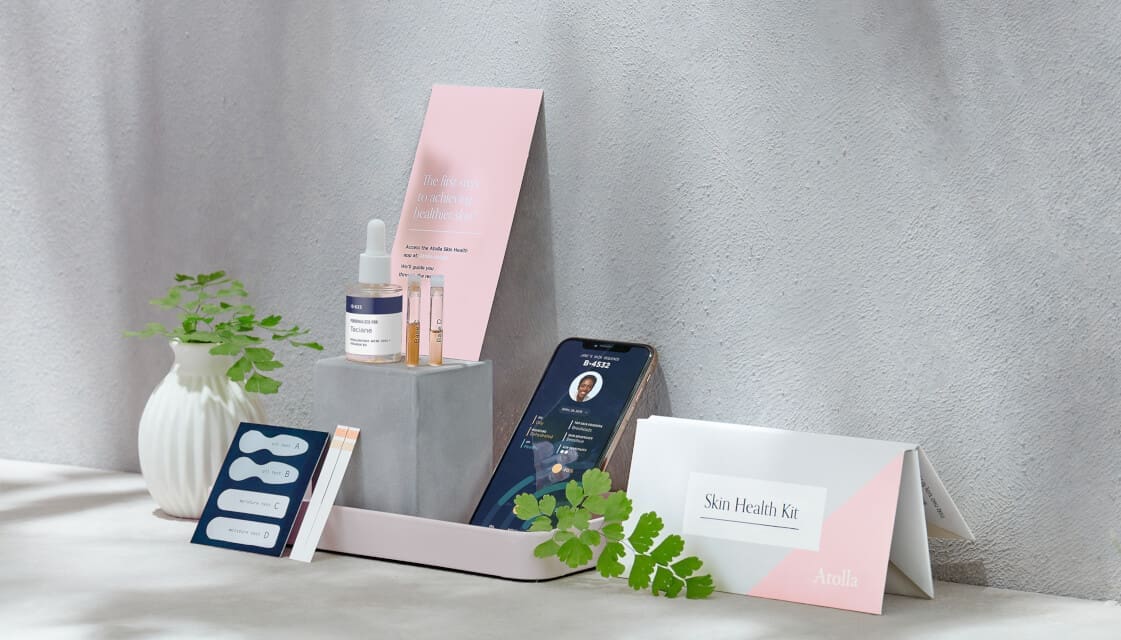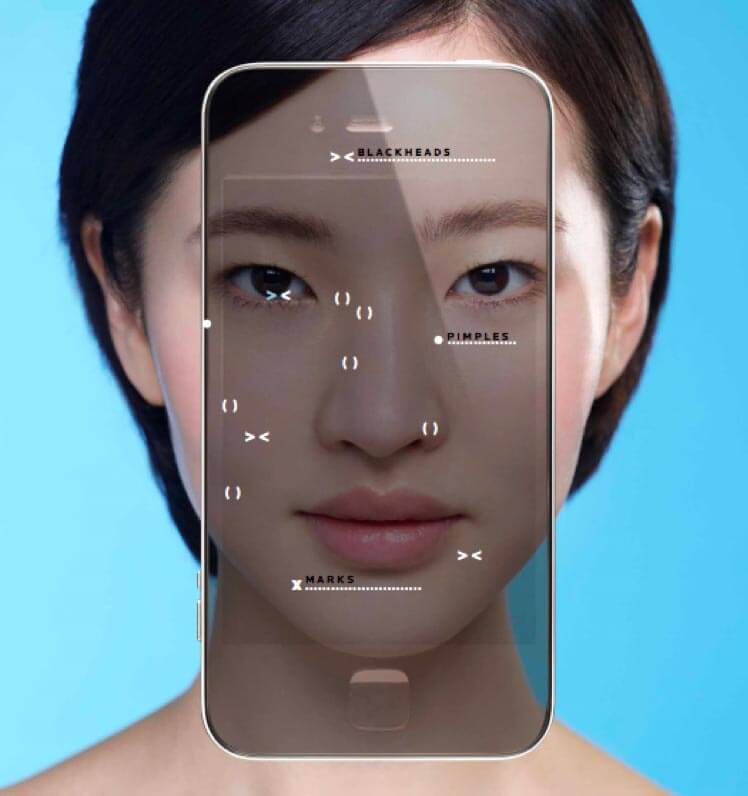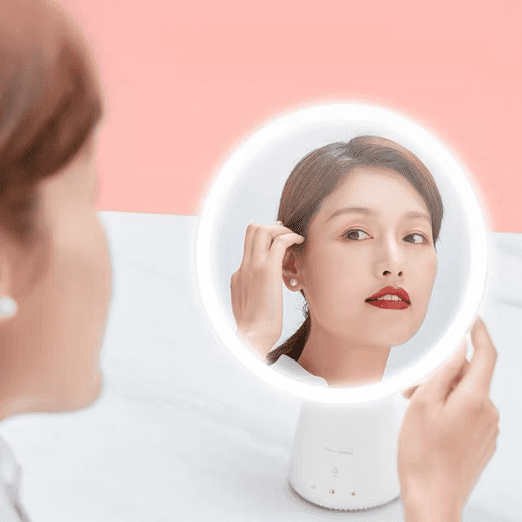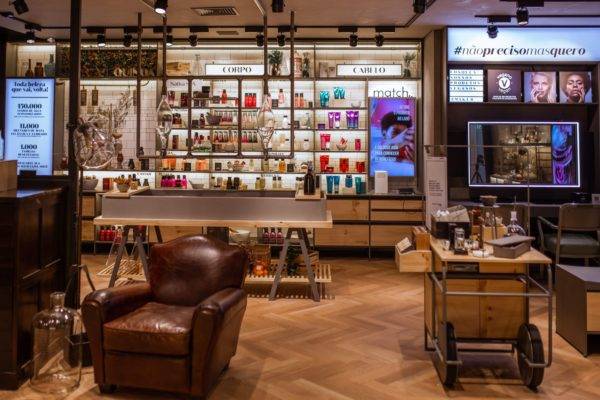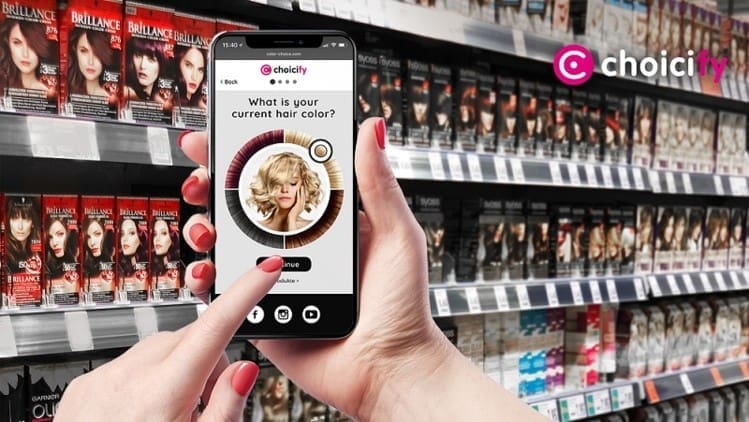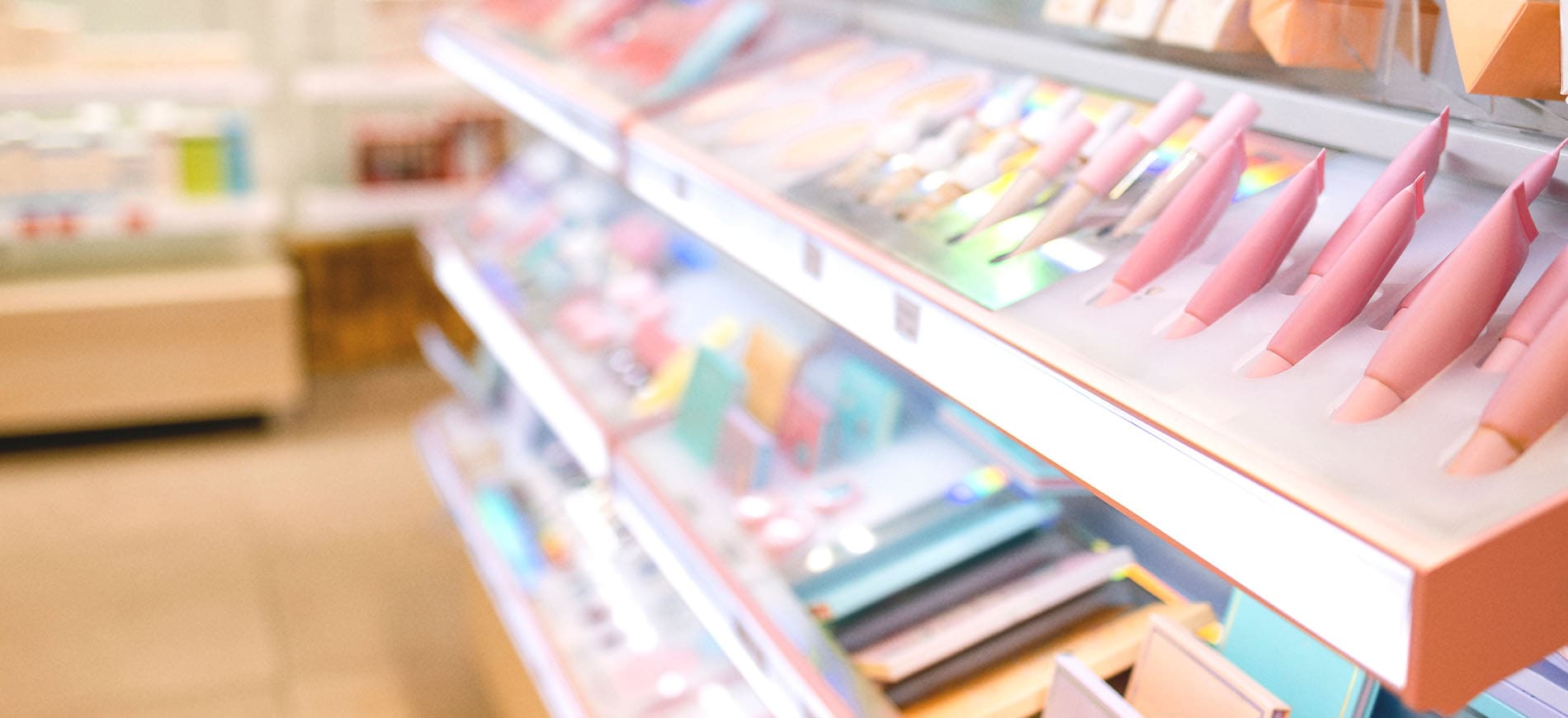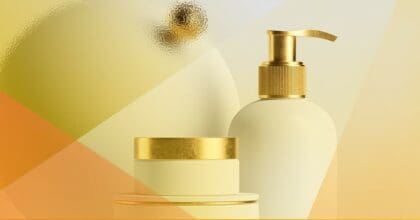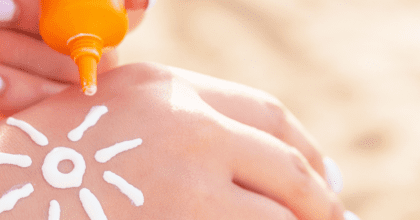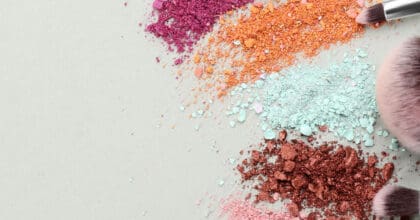From artificial intelligence to 3D-printing, augmented reality and DNA analysis, the beauty industry is becoming increasingly technology-driven. Personalisation is a crucial area of development for beauty brands, tapping into consumer desire for products that can be tailored to suit individual needs. With consumers often unsure of their requirements, brands can be a source of inspiration or offer suggestions and assistance via their customisation options.
Here, five Mintel analysts from across the world highlight one brand in their country that’s revolutionising the beauty sector through tech.
UK – Irina Ene, Beauty Innovation Coverage Manager
“Harley is an online retailer that pairs consumers with medical practitioners to get personalised skincare prescriptions from cosmeceutical brands – delivered to their door. The platform offers online video consultations with a dermatologist, aesthetic doctor or cosmetic surgeon, who then recommends a regimen adapted to the patient’s unique skin, goals and values. Through the use of technology, Harley offers consumers detailed application instructions and re-purchase reminders to boost the regimen efficacy.
“There is a growing interest in cosmeceutical products (combining cosmetics and pharmaceuticals) as professional affiliation proves credibility, with Mintel research showing that 45% of Italian and Spanish women aged 16+ consider products used at spas and salons more effective than the ones for home use. Consumers are also more likely to seek the expert advice of qualified practitioners given the normalisation of tweakments, with almost half of UK adults agreeing that non-invasive procedures are now a normal part of people’s beauty and grooming routines.”
US – Lauren Goodsitt, Global Beauty Analyst
“Technology is simplifying consumers’ purchase journeys both in-store and online. The use of augmented reality in beauty allows for increased personalization and customization during the shopping process. As predicted in Mintel’s 2018 Beauty Trend ‘Private Eye’, virtual reality and augmented reality add a rich layer of interaction to online and offline shopping.
“US based skincare company, Atolla, utilizes a combination of dermatology and data to decipher individual skin needs. Environmental factors, lifestyle, mood, stress, pH, oil measurements, hydration levels and the Fitzpatrick index (measuring how easily one’s skin burns) are closely examined to determine and create consumers’ most ideal facial serum. The Atolla app can then be used to monitor skin as it changes and responds to the serum. That information is stored in their system and used to decipher changes in the formulation of the next serum purchased.
“As we look to the near future, customization and personalization of products will be a basic consumer expectation. Brands that are taking advantage of technology as a means to generate individualized offerings will profit.”
China – Jessica Jin, Beauty & Personal Care Category Director, Mintel China Reports
“One of the biggest barriers for cosmeceuticals in China is the lack of clarity that consumers have when it comes to their skin condition. According to new research from Mintel, despite having skin problems, Chinese consumers are not buying cosmeceuticals mainly because they are not sure which products are suitable for their skin.
“While there are already brands that provide skin testing services at their counters, consumers are still required to head to the stores. Thanks to technology, consumers can now use their mobile apps to test their skin conditions wherever they are. L’Oréal’s La Roche-Posay brand, together with Chinese tech giant Alibaba Group, launched what is said to be the world’s first artificial intelligence-powered mobile acne testing application. Making its debut on Alibaba’s Tmall and Taobao e-commerce apps, the Effaclar Spotscan is an app that is designed for people with acne but have limited access to dermatologists to conduct professional skin self-testing. It’s based on dermatology research by La Roche-Posay and powered by Alibaba’s machine-learning technologies which can identify a user’s type of acne lesions by analysing selfies. To ensure precise skin testing, thousands and thousands of images of men and women with different skin types and spots have been used to train the model.
“Also from Alibaba is Tmall Genie Queen, a voice-controlled smart mirror that can auto-adjust its lighting for makeup application, recreating various lighting modes and effects including dimly lit party environments or natural sunlight calculated using real-time weather conditions.”
Brazil – Juliana Martins, Senior Beauty and Personal Care Specialist
“In March 2019, Brazilian beauty brand O Boticário opened a new store concept in Shopping Pátio Batel, Curitiba (Brazil). Boticário Lab is designed to stimulate the senses of customers with the help of technology – combining customization, exclusivity, experimentation and premiumization in one store.
“In addition to modern screens showing the company’s products, where the ingredients are grown and the raw materials used, customers can test makeup and view makeup tutorials through a virtual reality mirror and get their hair analysed with microscopic equipment to find out which products are right for them. Such innovations will resonate with many Brazilians. According to Mintel’s 2019 report on color cosmetics in Brazil, most Brazilian women are interested in in-store technology that measures skin tone to recommend make-up shades, while over four in 10 would like to try makeup/nail polish through augmented reality mirrors in-store.
“Finally, Boticário Lab customers can pay for products via their smartphone, since all packages have NFC technology. Such forms of payment will become increasingly a reality in Brazilian retail: Mintel’s 2018 report on beauty retailing in Brazil revealed that 37% of Brazilians are interested in apps that allow them to pay for in-store purchases through a smartphone or tablet.”
Germany – Andrew McDougall, Associate Director of Beauty & Personal Care
“Henkel Beauty Care’s Choicify is a mobile colour consultation app launched in Germany that helps customers choose the right hair colour by scanning a QR code or using a NFC chip. The customer can select their desired hair colour and the programme will suggest the best choice for them – particularly handy when standing in front of a wall of hair colourants. It suggests Henkel products as well as other manufacturers’ brands.
“Customisation in haircare means providing the right solution for each individual’s hair concerns. It’s already hard for people to know if they are using products their hair actually needs, so customisation must ease confusion, rather than add to it! Clearly explaining and highlighting product benefits and end results will help people understand which products work best for their hair, providing a more targeted solution to save time and money.”













